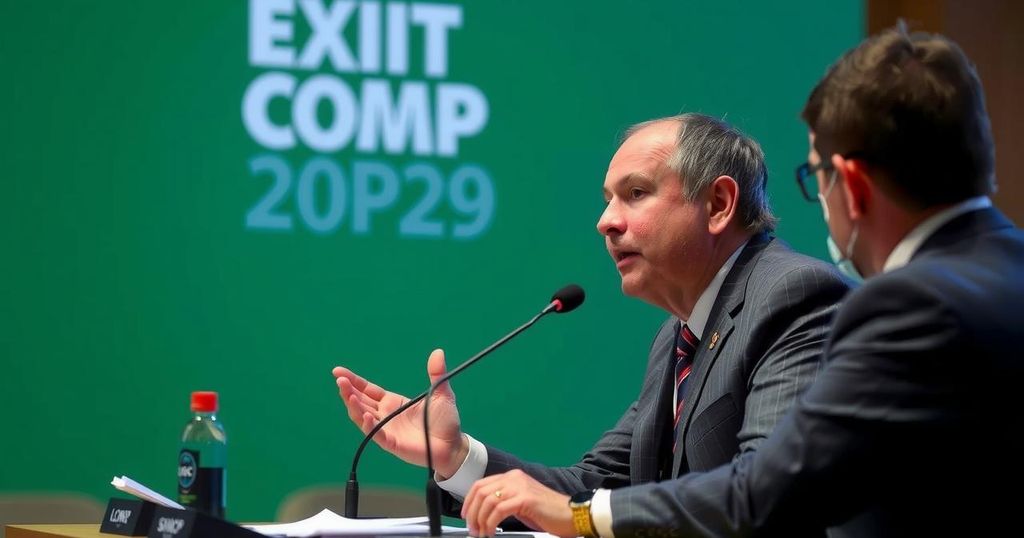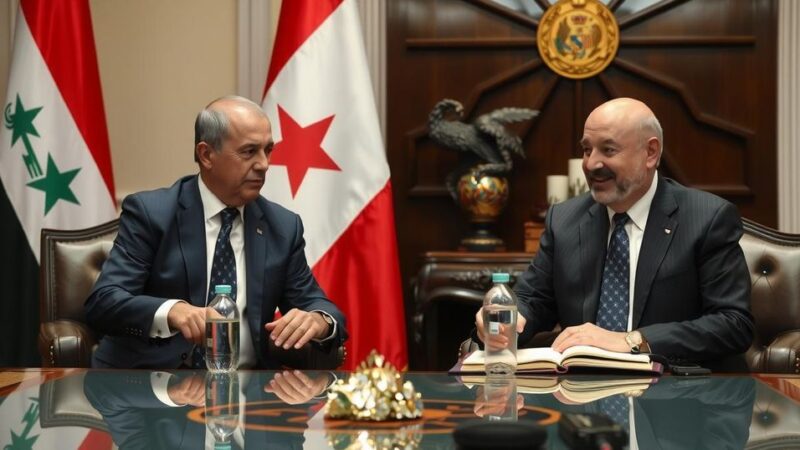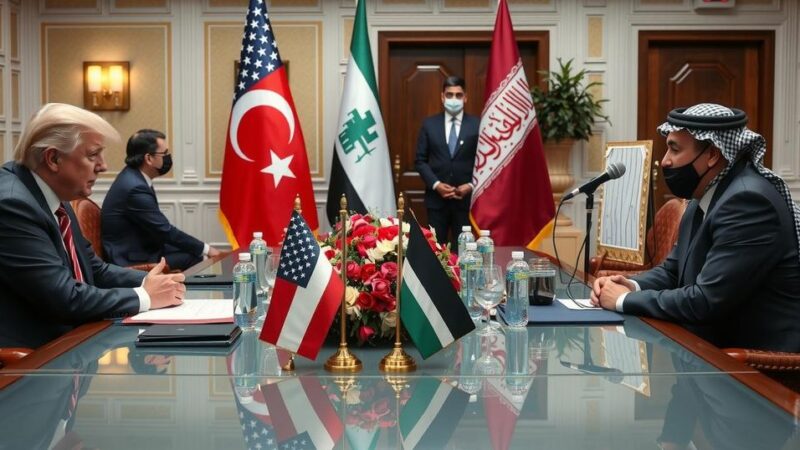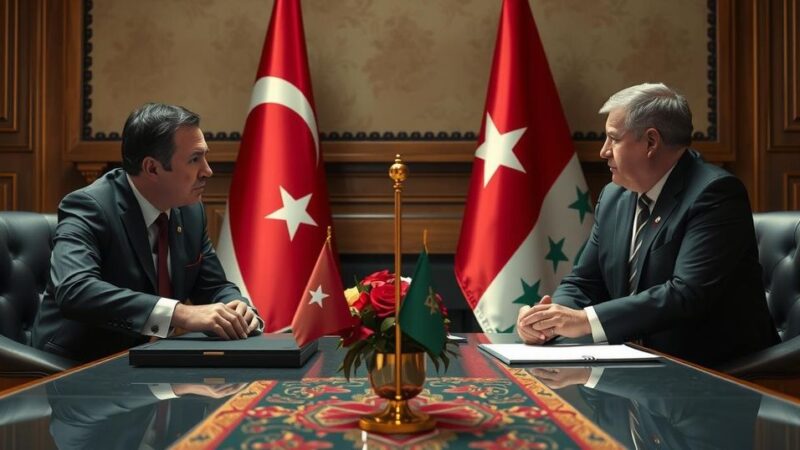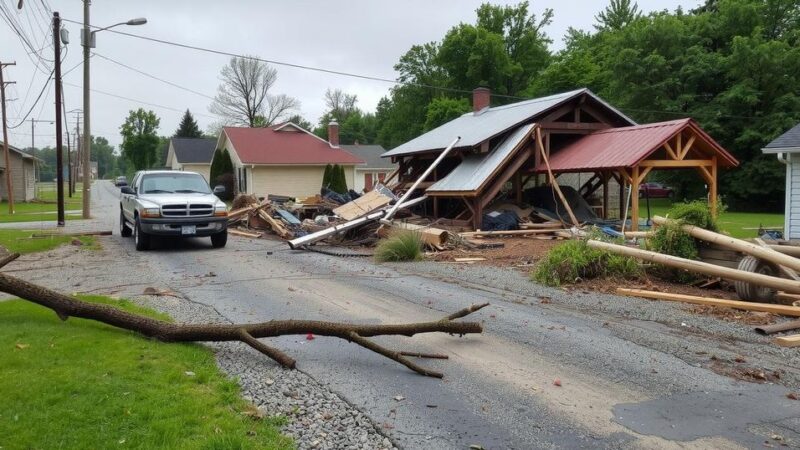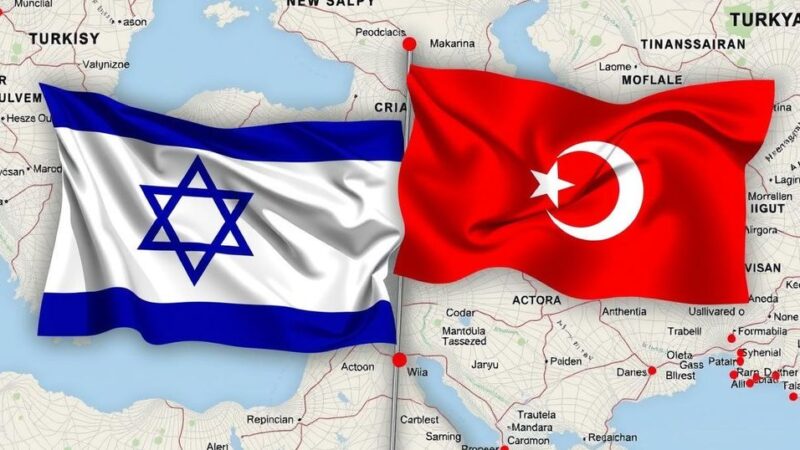During COP29, negotiators from AOSIS threatened to leave the talks over inadequate financial commitments from developed nations. After walking out in protest, they returned to negotiate a deal that, while securing $300 billion a year until 2035, fell short of their demands. This incident highlights the ongoing struggles small island nations face in asserting their needs within global climate discussions.
A prominent negotiator for the Alliance of Small Island States (AOSIS), Michai Robertson, recently disclosed to BBC News that his group was poised to exit the UN climate talks at COP29, conducted in Baku, Azerbaijan. The situation escalated dramatically, as negotiations overran by 19 hours, leading AOSIS, along with the Least Developed Countries, to walk out in protest after feeling belittled by larger nations during discussions about necessary funding to combat climate change. Mr. Robertson indicated that the frustrations culminated in their departure, signifying the determination of smaller nations to assert their needs and rights in these discussions.
The walkout marked the first time in nearly three decades of UN climate negotiations that AOSIS has taken such a bold step, highlighting their growing impatience with insufficient financial commitments from developed countries. AOSIS, representing 43 vulnerable nations, emphasized their persistent demand for increased funding and decisive action on fossil fuel consumption, essential for their survival against the escalating climate crisis. Following intense negotiations, AOSIS returned to the table, resulting in a deal that fell short of their original expectations. While they secured a commitment of $300 billion per year from developed nations until 2035, this amount significantly lags behind the $500 billion they deemed necessary, illustrating the continued struggle for equitable financial support in climate negotiations.
The Alliance of Small Island States (AOSIS) consists of countries that are particularly vulnerable to the effects of climate change, such as rising sea levels and extreme weather events. The group has historically faced challenges in the global climate discourse, primarily due to their limited economic resources and geopolitical influence in comparison to larger nations. At the heart of their negotiation priority is financial assistance aimed at climate adaptation and strong action against the root causes of climate change, notably the burning of fossil fuels. The context of COP29’s negotiations, particularly the perceived weaknesses arising from political dynamics like the election of Donald Trump, added complexity to their advocacy efforts.
In conclusion, the recent walkout by AOSIS at COP29 underscores the urgent needs of small island nations amidst global discussions on climate change finance. Their actions sent a clear message regarding their determination to secure necessary resources and commitments from developed countries. AOSIS’s re-engagement in negotiations after the walkout exemplifies their pragmatic approach, even as they express dissatisfaction with the resulting financial commitments. The events of COP29 may serve as a pivotal moment for small states, reaffirming their critical role in climate negotiations and the necessity for a more equitable international framework.
Original Source: www.bbc.com

